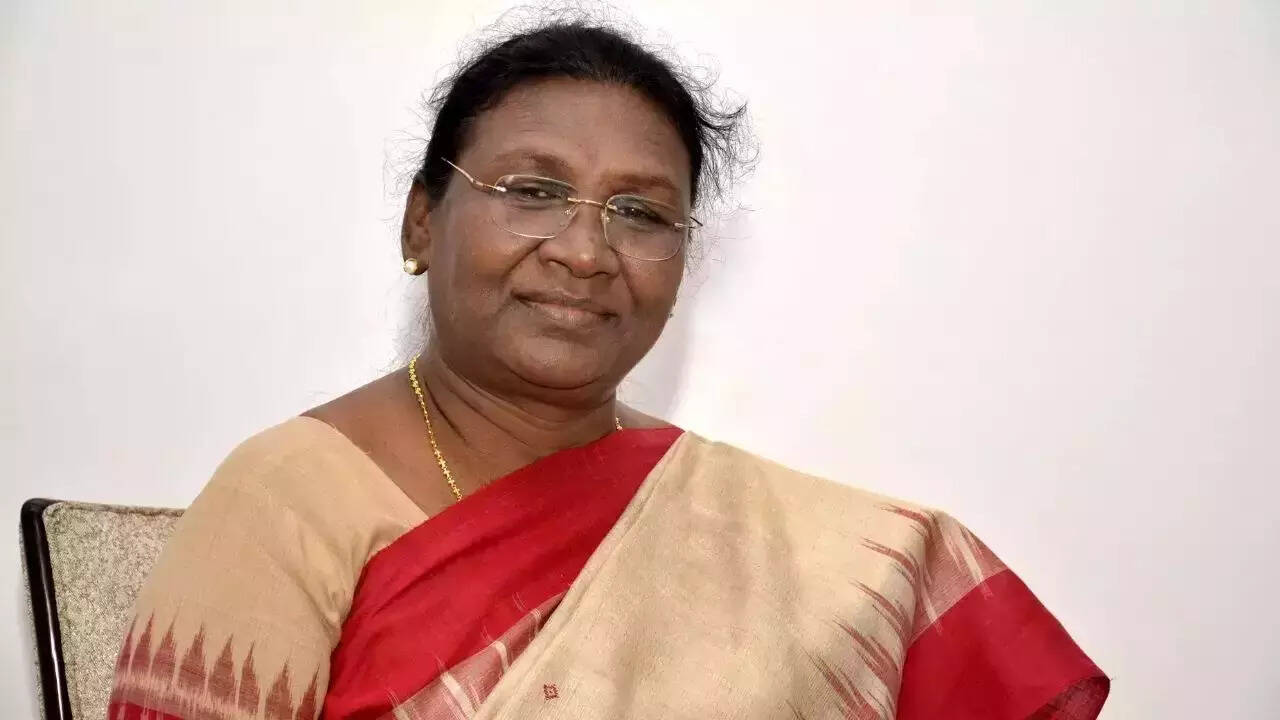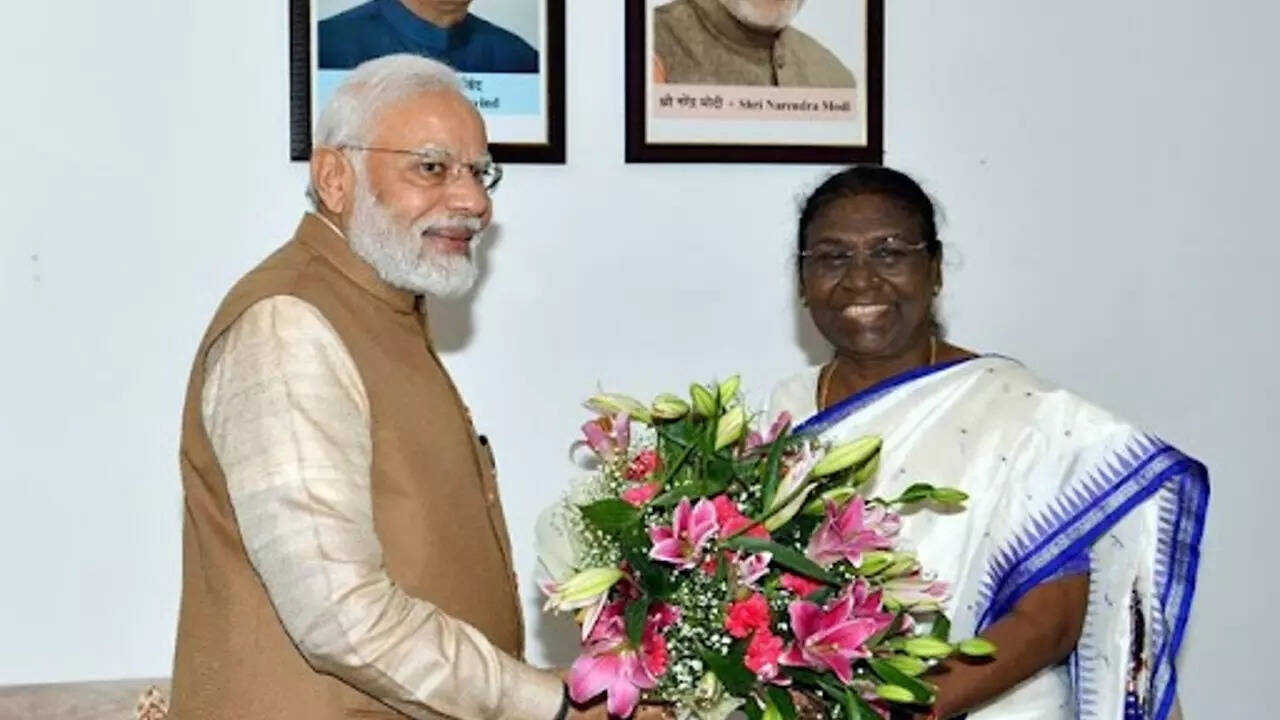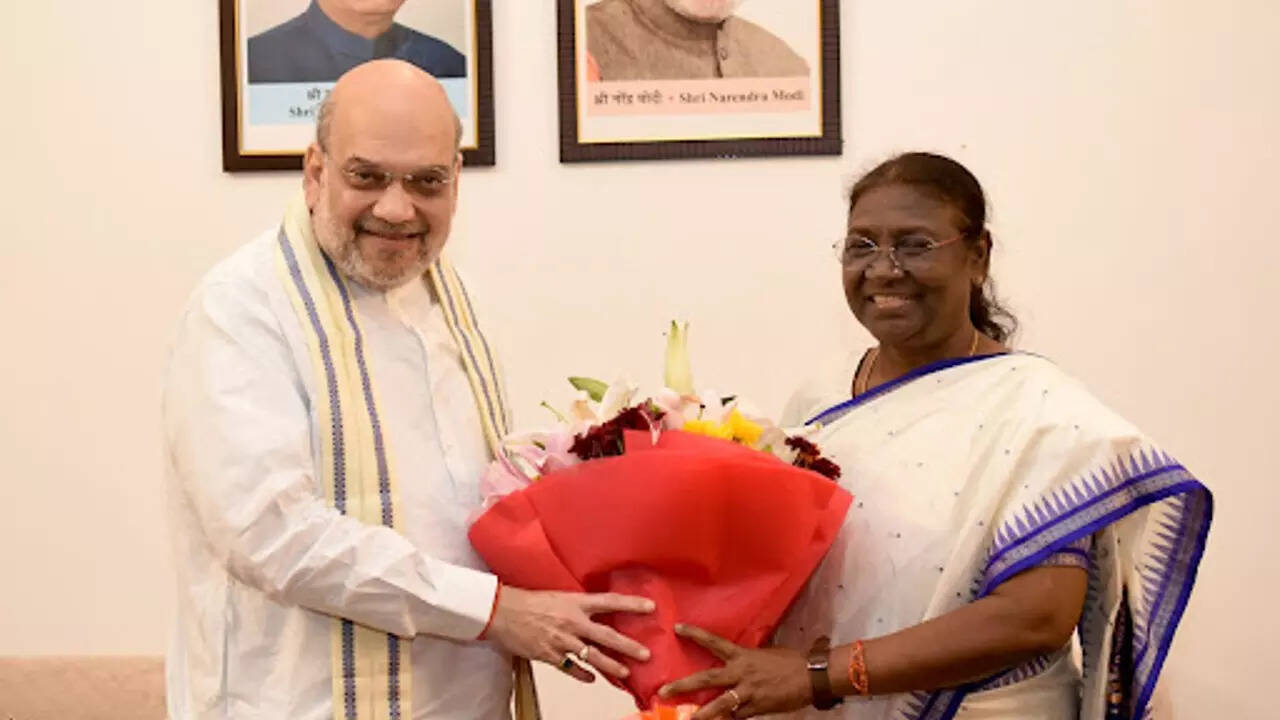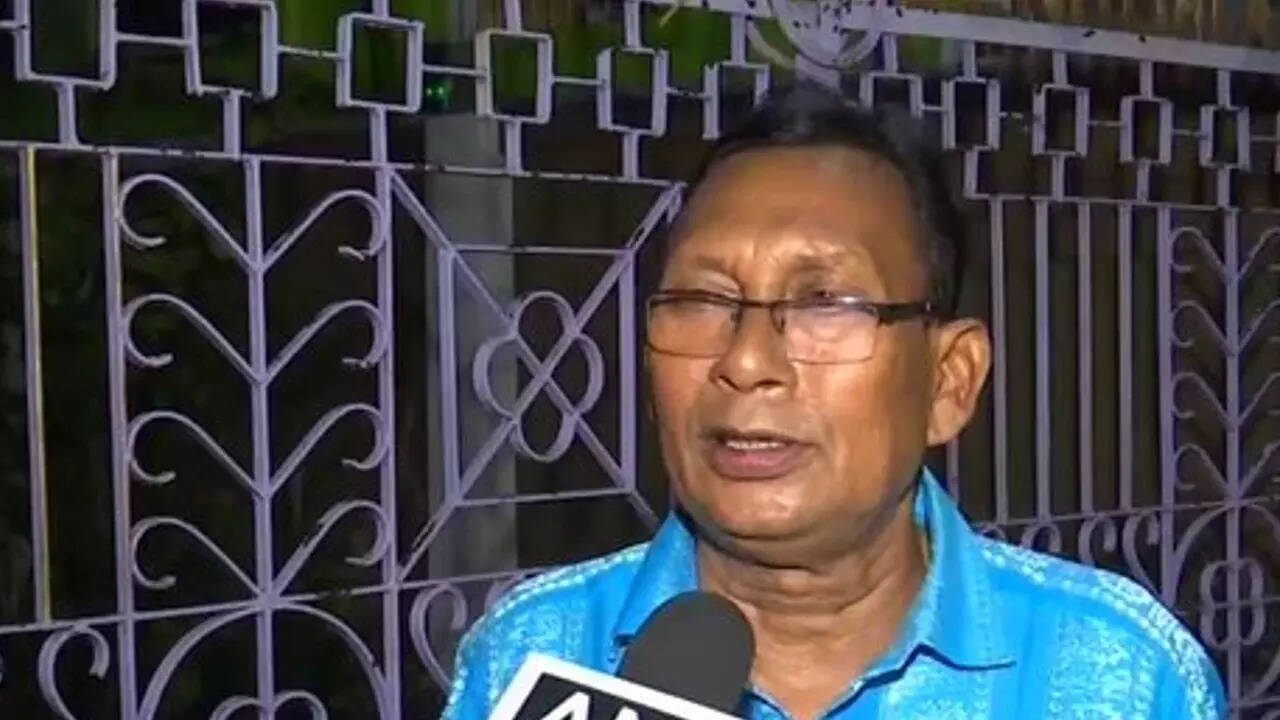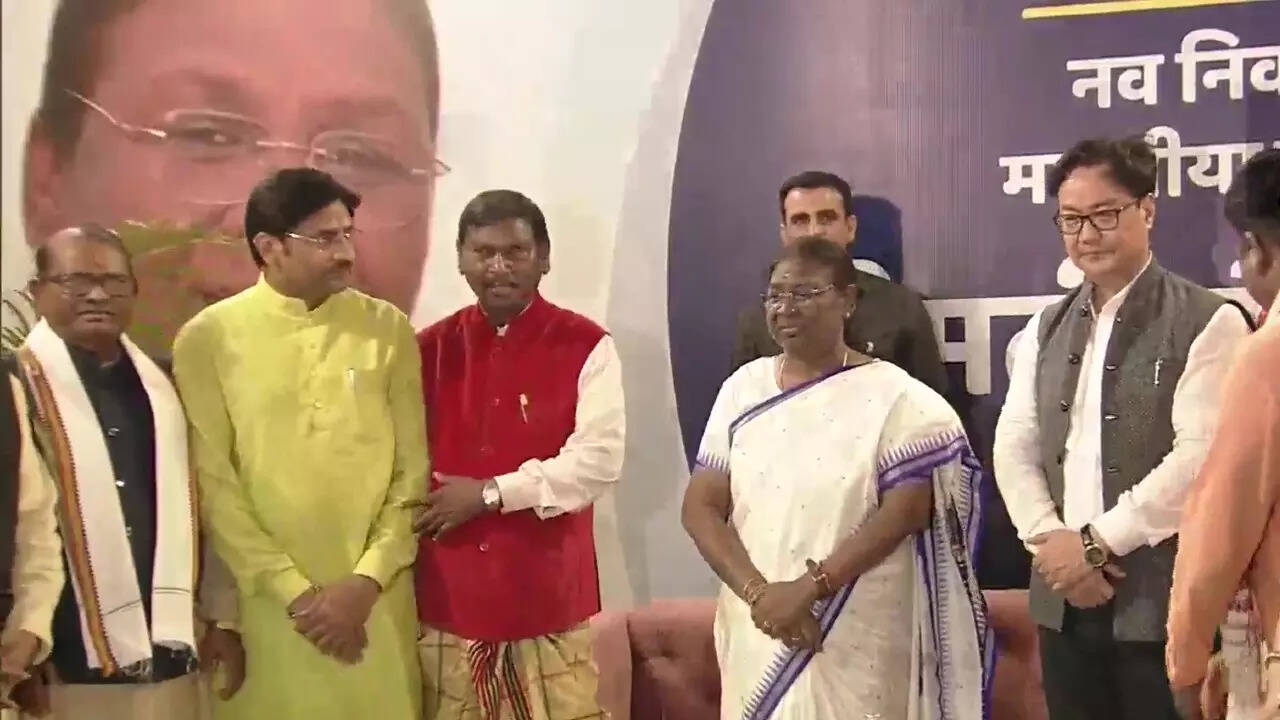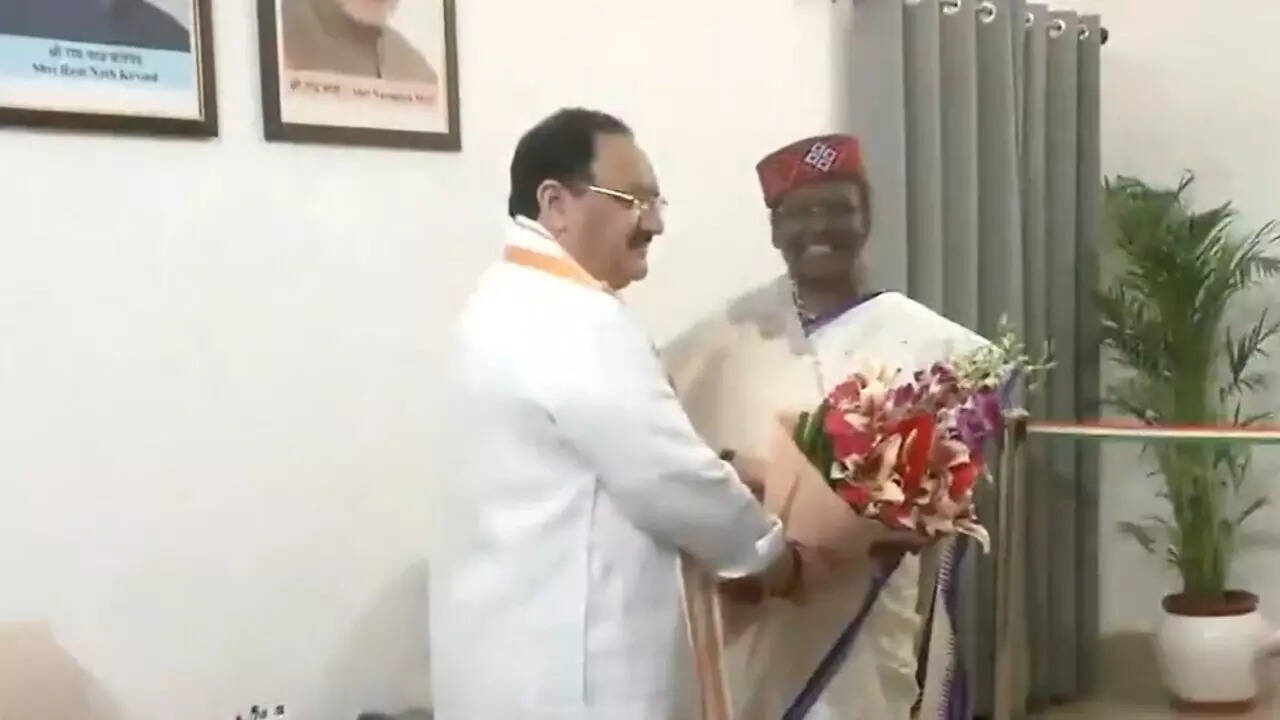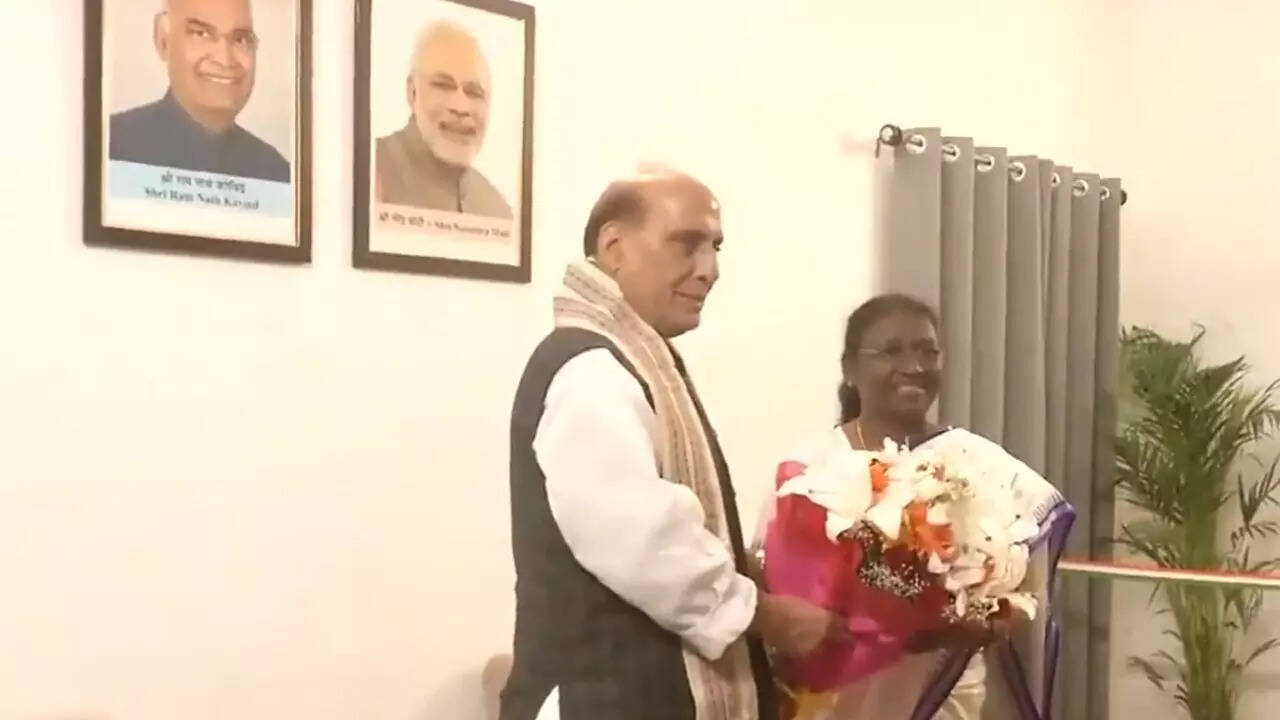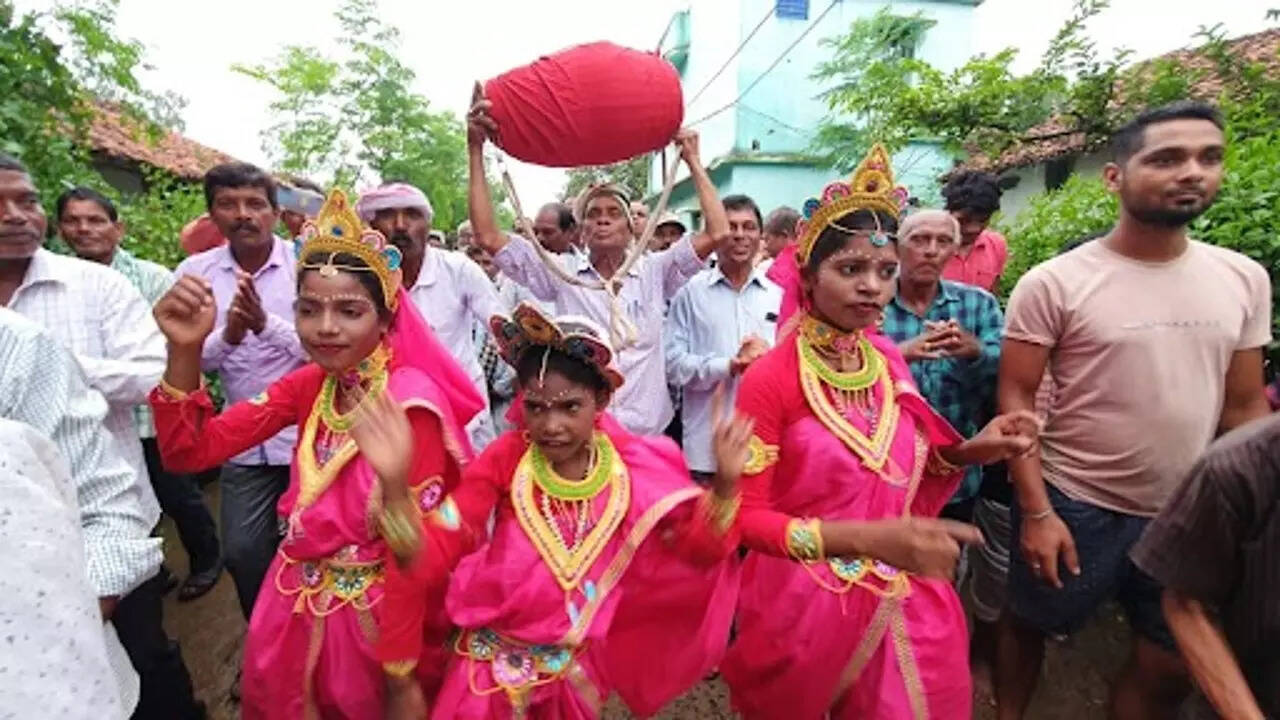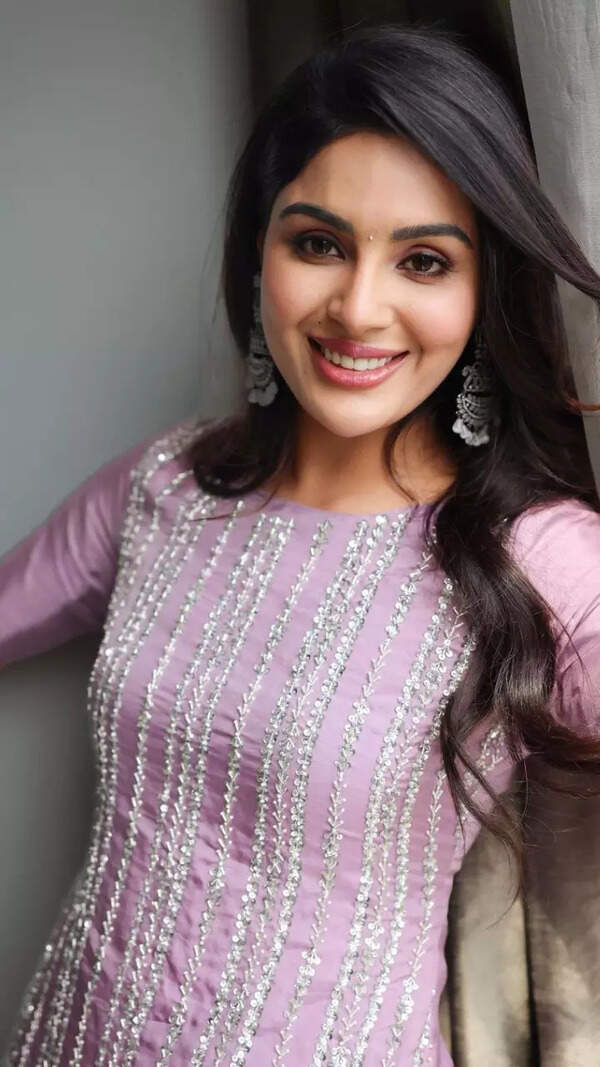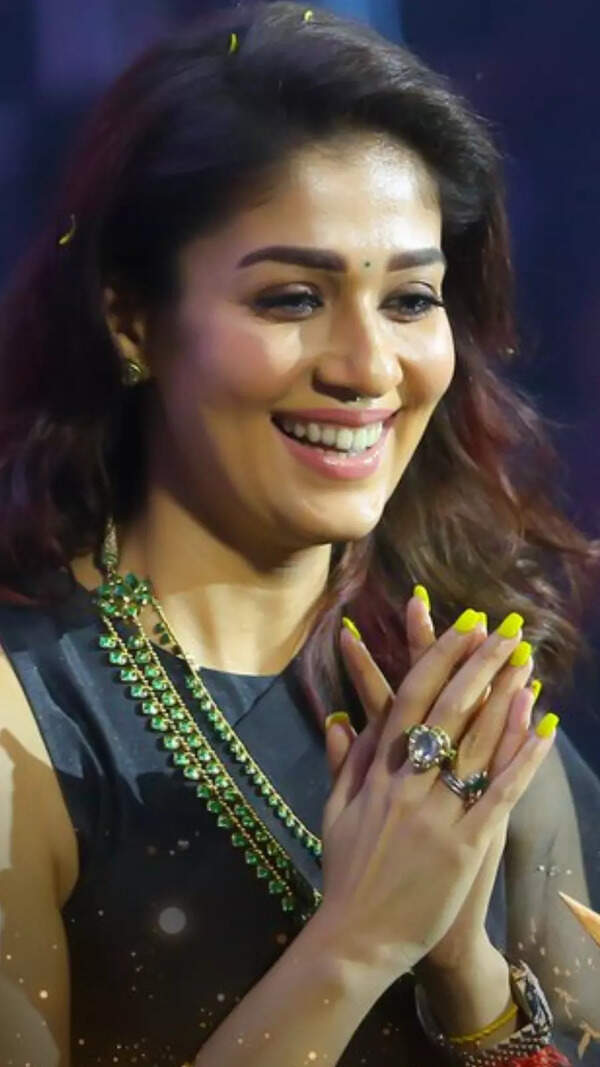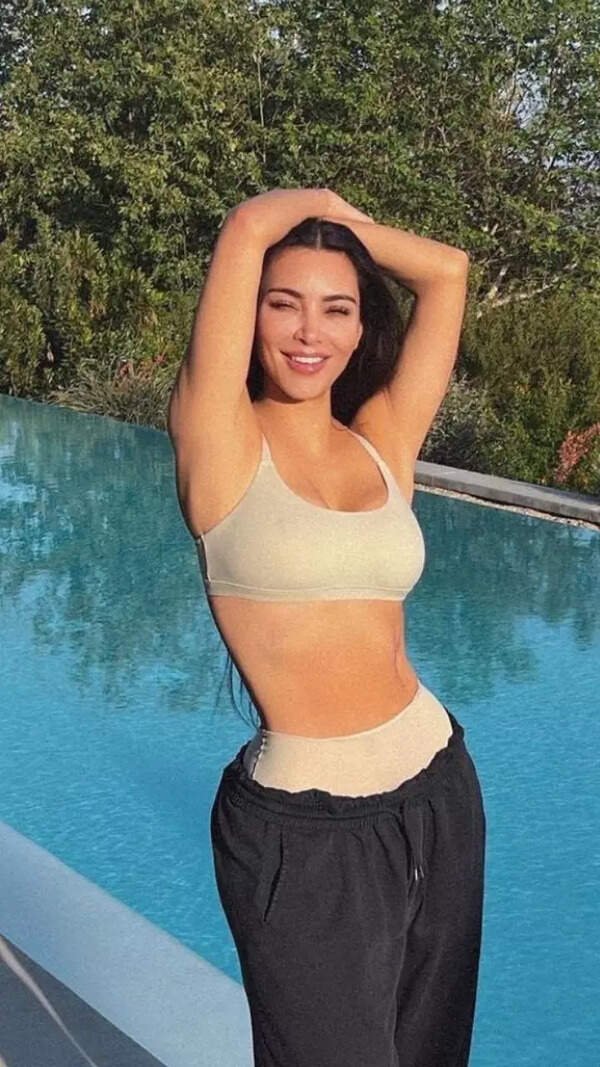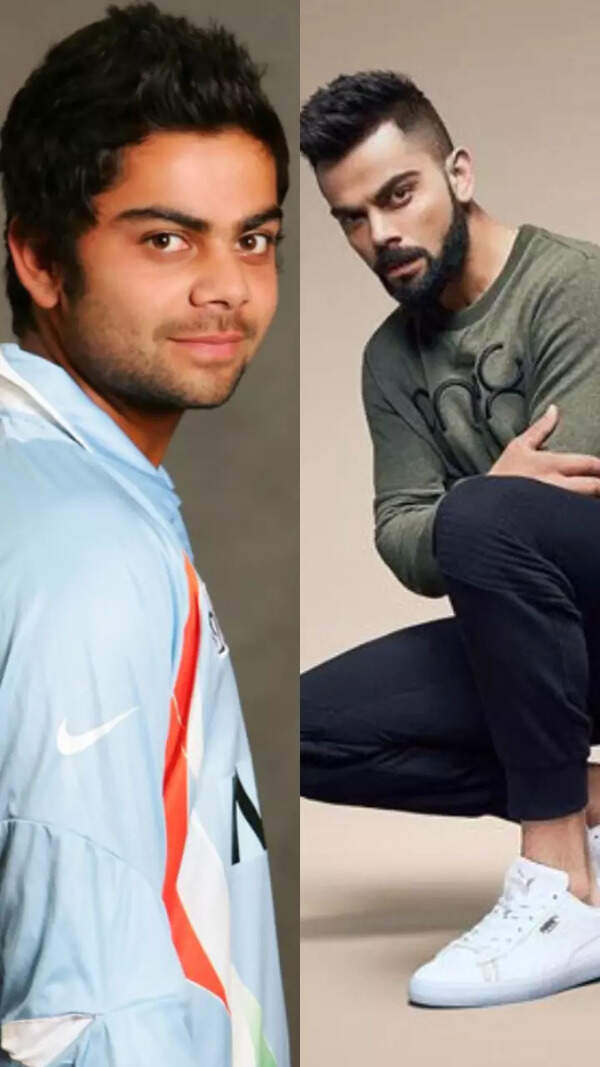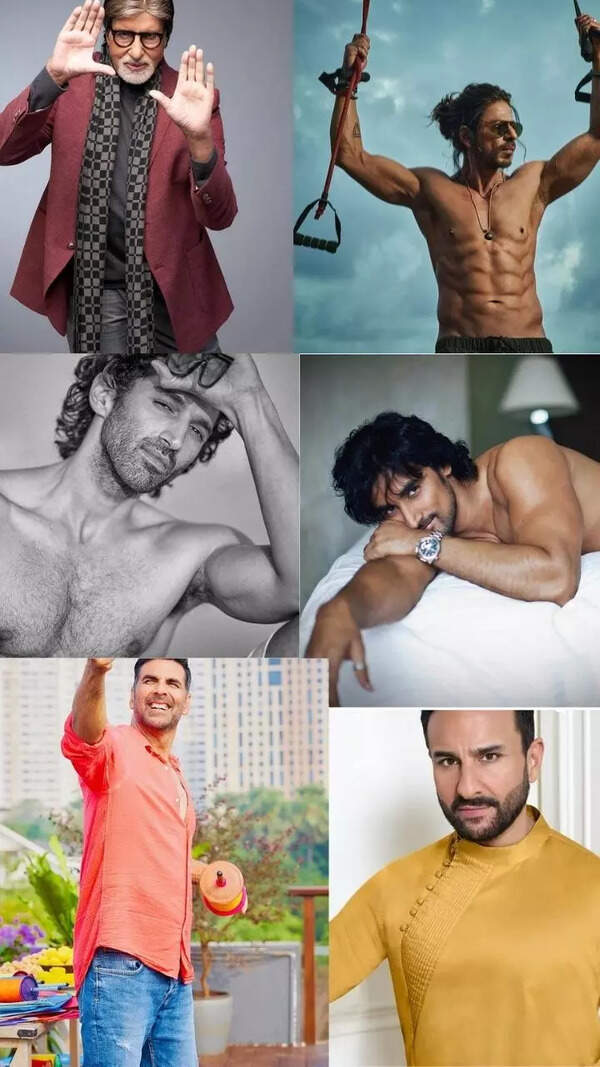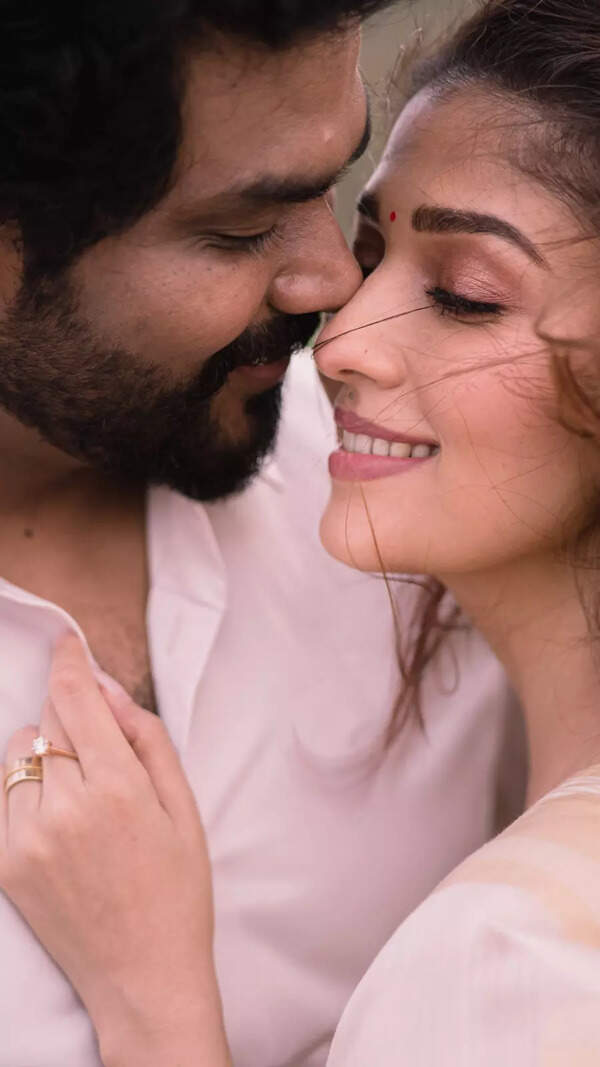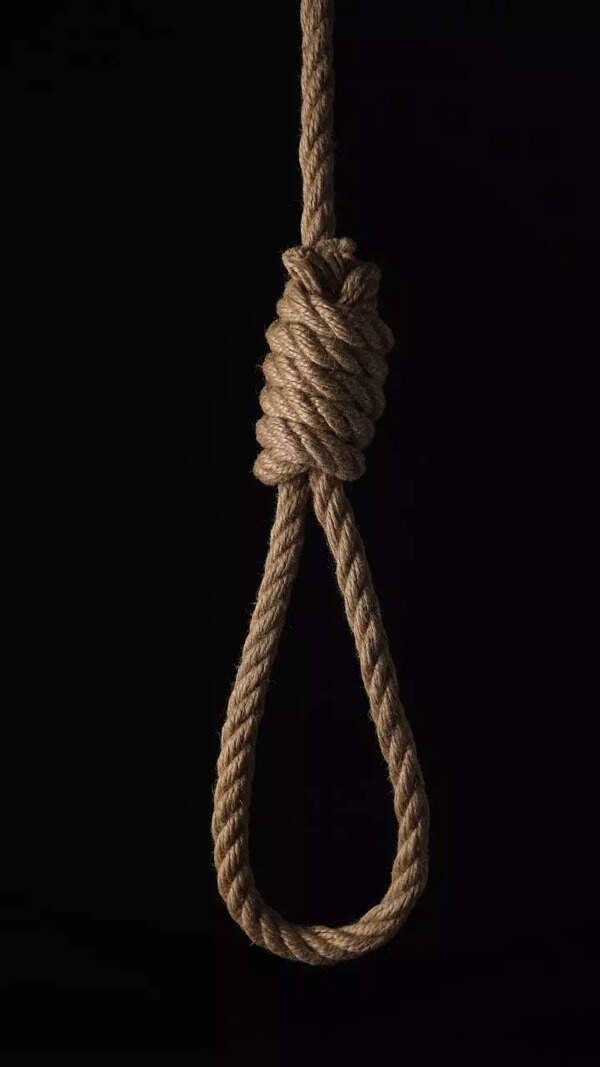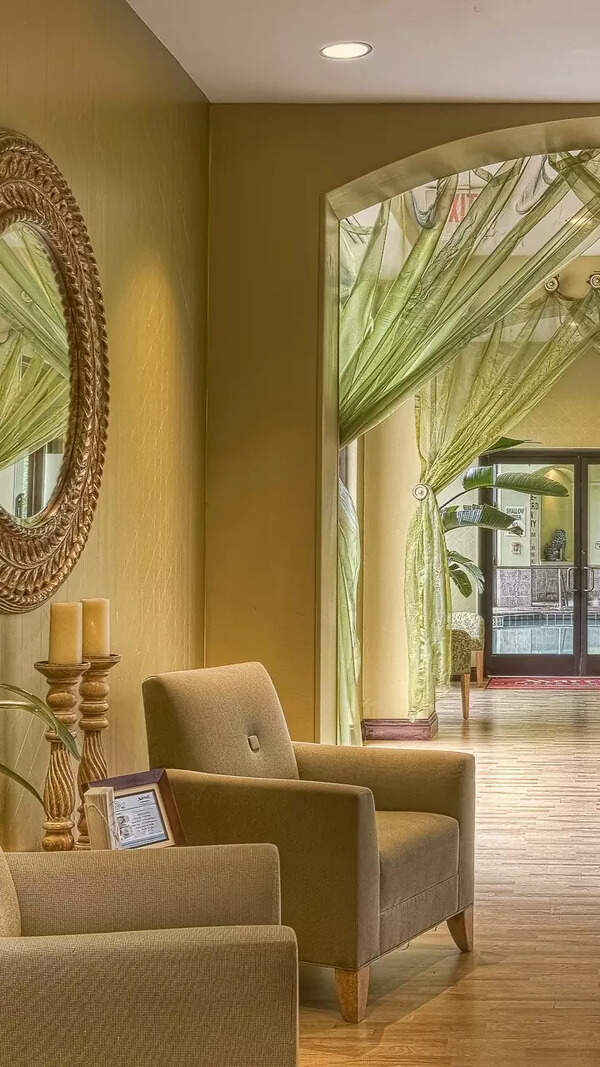Top Searches
- News
- India News
- FAQs about the powers wielded by the President of India
FAQs about the powers wielded by the President of India
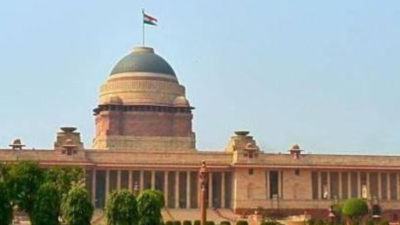
NEW DELHI: The role of the President is critical to the proper functioning of the government as per the Constitution. All the executive functions of the Union are carried on in the name of the President.
Though the President cannot exercise his executive power without aid and advice from the Council of Ministers, the post carries vast legislative and administrative powers, including some discretionary powers as well as veto powers.
The President of India is both the head of state and the country's first citizen.
He/She is a part of the Union Executive, provisions of which are dealt with under Articles 52-78, including articles related to the President (Articles 52-62).
All the executive functions of the Union are carried on in the name of the President. But in this regard, it is to be noted that as per Article 74 the President must act on the advice of his Council of Ministers – headed by the Prime Minister.
Once a President is elected, he/she holds office for five years.
He/She can also be re-elected and there is no cap on his/her re-election.
So far, only Rajendra Prasad – India’s first president – has served two terms.
As per Article 53 of the Constitution, the executive power of the union is vested in the President and is exercised by him/her either directly or through officers subordinate (Council of Ministers) to him.
The President can make rules specifying the manner in which the orders and the other instruments which are made and executed in his name shall be authenticated.
He/she can declare any area as a scheduled area and has powers with respect to the administration of scheduled areas and tribal areas.
He/she appoints an inter-state council to Centre-state and inter-state cooperation.
* The President summons the House of Parliament at least twice a year or prorogues either House of Parliament and dissolves the Lok Sabha. He may summon both the Houses to meet in a joint sitting for debating or voting on a Bill in case of deadlock.
* He may address either house separately or both Houses jointly. At the commencement of the first session after every general election, the President delivers an address.
* He appoints the speaker, deputy speaker of Lok Sabha, and chairman/deputy chairman of Rajya Sabha when the seats fall vacant.
* He nominates 12 members of the Rajya Sabha.
* Every Bill passed by the Parliament must receive the President’s assent before it can become an Act.
When a Bill is passed by both the Houses of the Parliament, it is presented to the President to seek his assent. It cannot become an Act of Parliament until it receives the assent of the President. Under Article 111, the President can exercise three forms of veto:
Absolute veto: When the President exercises his absolute veto, a Bill never sees the light of day. The Bill ends even if it is passed by Parliament. It can be used in only two cases: If the Bill passed by the Parliament is a Private Member Bill; or if the cabinet resigns before the President could give his assent to a Bill.
Suspensive Veto: The President has discretionary power when he exercises suspensive veto ie. when he returns a Bill (not Money Bill) for reconsideration of the parliament. However if the Bill is passed again by the Parliament with or without amendments and presented again to the President, it is obligatory for him to give his assent to the Bill.
Pocket Veto: This is not a provision mentioned in the constitution. In this case, the President neither ratifies nor rejects nor returns the Bill, but simply keeps the Bill pending for an indefinite period. The time limit within which the President has to take the decision with respect to a Bill presented to him for assent, has not been mentioned in the Constitution. In effect the inaction of the President stops the Bill from becoming an Act.
The President's power to issue ordinances is covered under Article 123.
This is one of the several legislative authorities that the President enjoys. On the recommendation of the union cabinet, he issues an ordinance.
The President can declare three types of emergencies: national, state and financial, under Articles 352, 356 & 360
The President can rule the whole nation or individual states at times of emergency.
Punjab, Jharkhand, Jammu and Kashmir and many other states have been under President’s Rule.
The president has control over the Contingency Fund of India to meet unforeseen expenses like flood, drought, war etc.
His prior recommendation is a must in the introduction of the Money Bill and Financial Bill in Parliament.
His recommendation is a prerequisite to make a demand for grants.
The President of India constitutes the Finance Commission every five years.
He also places before the Parliament the report of Comptroller and Auditor General relating to the accounts of the Government of India and recommendations made by the Finance Commission.
International Treaties and agreements that are approved by the Parliament are negotiated and concluded in the name of the President.
He is the representative of India in international forums and affairs.
He sends and receives ambassadors and other diplomatic representatives.
He is the Supreme Commander of the Armed Forces.
He has the power to declare war and peace but his military power is subject to the regulation of law.
He appoints the Chief of the Army, Chief of the Navy and Chief of the Air Force.
When no single party has a majority in the election of Lok Sabha or due to the sudden death of the incumbent Prime Minister then the President can use his discretion to appoint the Prime Minister.
Dissolution of Lok Sabha on the advice of Council of Ministers which has lost majority in Lok Sabha or against whom a vote of no-confidence may have been passed.
Under Article 74 he can send an advice of the Council of Ministers at his discretion back to it for its reconsideration.
Under Article 78, he enjoys the right to be informed about the affairs of the State by the PM
The President has the power to appoint the Judges of the Supreme Court and High Courts.
The President also has the power to grant pardon/respite to persons, who have been tried and convicted of any offence; where the punishment or sentence is by a court-martial; where the punishment is for an offence against Union law; in all cases where a person is sentenced to death.
* The salary of the President is Rs. 5 lakh per month. Until 2017, the President used to get. Rs 1.50 lakh per month. In 2018, it was increased to Rs 5 lakh per month.
* In addition to the salary, the President receives many other allowances and free facilities which include free medical, housing, and treatment facilities (whole life).
* The Government of India spends around Rs. 2.25 crore annually on other expenses like the President's housing, staff, food and hosting of guests.
* The Prime Minister and other Ministers.
* The Chief Justice and other judges of the Supreme Court and state/union territory high courts.
* The Comptroller and Auditor General.
* The Attorney-General of India
* The Chief Election Commissioner and other Election Commissioners.
* Chairman and members of the Union Public Service Commission
* 12 members of the Rajya Sabha
* Governors of states
* The Chief Minister of the National Capital Territory of Delhi
* Ambassadors and High Commissioners to other countries
* Officers of the All India Services (IAS, IPS and IFoS), and other Central Civil Services in Group 'A'.

* The President has the power to remove the Council of Ministers
* The Attorney-General of India
* Governors
* UPSC chief or members -- on the report of the Supreme Court.
* Chief Justice of India or a judge of the Supreme Court or of the High Court or the Chief Election Commissioner or the Comptroller-General of India -- on an address of Parliament.
Though the President cannot exercise his executive power without aid and advice from the Council of Ministers, the post carries vast legislative and administrative powers, including some discretionary powers as well as veto powers.
The post of President
The President of India is both the head of state and the country's first citizen.
He/She is a part of the Union Executive, provisions of which are dealt with under Articles 52-78, including articles related to the President (Articles 52-62).
All the executive functions of the Union are carried on in the name of the President. But in this regard, it is to be noted that as per Article 74 the President must act on the advice of his Council of Ministers – headed by the Prime Minister.
What is the term of the President’s office?
Once a President is elected, he/she holds office for five years.
He/She can also be re-elected and there is no cap on his/her re-election.
So far, only Rajendra Prasad – India’s first president – has served two terms.
Constitutional provisions
As per Article 53 of the Constitution, the executive power of the union is vested in the President and is exercised by him/her either directly or through officers subordinate (Council of Ministers) to him.
The President can make rules specifying the manner in which the orders and the other instruments which are made and executed in his name shall be authenticated.
He/she can declare any area as a scheduled area and has powers with respect to the administration of scheduled areas and tribal areas.
He/she appoints an inter-state council to Centre-state and inter-state cooperation.
Legislative powers
* The President summons the House of Parliament at least twice a year or prorogues either House of Parliament and dissolves the Lok Sabha. He may summon both the Houses to meet in a joint sitting for debating or voting on a Bill in case of deadlock.
* He may address either house separately or both Houses jointly. At the commencement of the first session after every general election, the President delivers an address.
* He appoints the speaker, deputy speaker of Lok Sabha, and chairman/deputy chairman of Rajya Sabha when the seats fall vacant.
* He nominates 12 members of the Rajya Sabha.
* Every Bill passed by the Parliament must receive the President’s assent before it can become an Act.
Veto powers
When a Bill is passed by both the Houses of the Parliament, it is presented to the President to seek his assent. It cannot become an Act of Parliament until it receives the assent of the President. Under Article 111, the President can exercise three forms of veto:
Absolute veto: When the President exercises his absolute veto, a Bill never sees the light of day. The Bill ends even if it is passed by Parliament. It can be used in only two cases: If the Bill passed by the Parliament is a Private Member Bill; or if the cabinet resigns before the President could give his assent to a Bill.
Suspensive Veto: The President has discretionary power when he exercises suspensive veto ie. when he returns a Bill (not Money Bill) for reconsideration of the parliament. However if the Bill is passed again by the Parliament with or without amendments and presented again to the President, it is obligatory for him to give his assent to the Bill.
Pocket Veto: This is not a provision mentioned in the constitution. In this case, the President neither ratifies nor rejects nor returns the Bill, but simply keeps the Bill pending for an indefinite period. The time limit within which the President has to take the decision with respect to a Bill presented to him for assent, has not been mentioned in the Constitution. In effect the inaction of the President stops the Bill from becoming an Act.
Ordinances
The President's power to issue ordinances is covered under Article 123.
This is one of the several legislative authorities that the President enjoys. On the recommendation of the union cabinet, he issues an ordinance.
Emergency powers/President’s Rule
The President can declare three types of emergencies: national, state and financial, under Articles 352, 356 & 360
The President can rule the whole nation or individual states at times of emergency.
Punjab, Jharkhand, Jammu and Kashmir and many other states have been under President’s Rule.
Financial powers
The president has control over the Contingency Fund of India to meet unforeseen expenses like flood, drought, war etc.
His prior recommendation is a must in the introduction of the Money Bill and Financial Bill in Parliament.
His recommendation is a prerequisite to make a demand for grants.
The President of India constitutes the Finance Commission every five years.
He also places before the Parliament the report of Comptroller and Auditor General relating to the accounts of the Government of India and recommendations made by the Finance Commission.
Diplomatic powers
International Treaties and agreements that are approved by the Parliament are negotiated and concluded in the name of the President.
He is the representative of India in international forums and affairs.
He sends and receives ambassadors and other diplomatic representatives.
Military powers
He is the Supreme Commander of the Armed Forces.
He has the power to declare war and peace but his military power is subject to the regulation of law.
He appoints the Chief of the Army, Chief of the Navy and Chief of the Air Force.
Discretionary powers
When no single party has a majority in the election of Lok Sabha or due to the sudden death of the incumbent Prime Minister then the President can use his discretion to appoint the Prime Minister.
Dissolution of Lok Sabha on the advice of Council of Ministers which has lost majority in Lok Sabha or against whom a vote of no-confidence may have been passed.
Under Article 74 he can send an advice of the Council of Ministers at his discretion back to it for its reconsideration.
Under Article 78, he enjoys the right to be informed about the affairs of the State by the PM
Judicial powers
The President has the power to appoint the Judges of the Supreme Court and High Courts.
The President also has the power to grant pardon/respite to persons, who have been tried and convicted of any offence; where the punishment or sentence is by a court-martial; where the punishment is for an offence against Union law; in all cases where a person is sentenced to death.
Did you know?
* The salary of the President is Rs. 5 lakh per month. Until 2017, the President used to get. Rs 1.50 lakh per month. In 2018, it was increased to Rs 5 lakh per month.
* In addition to the salary, the President receives many other allowances and free facilities which include free medical, housing, and treatment facilities (whole life).
* The Government of India spends around Rs. 2.25 crore annually on other expenses like the President's housing, staff, food and hosting of guests.
Important appointments made by the President of India
* The Prime Minister and other Ministers.
* The Chief Justice and other judges of the Supreme Court and state/union territory high courts.
* The Comptroller and Auditor General.
* The Attorney-General of India
* The Chief Election Commissioner and other Election Commissioners.
* Chairman and members of the Union Public Service Commission
* 12 members of the Rajya Sabha
* Governors of states
* The Chief Minister of the National Capital Territory of Delhi
* Ambassadors and High Commissioners to other countries
* Officers of the All India Services (IAS, IPS and IFoS), and other Central Civil Services in Group 'A'.

Who can be removed by the President?
* The President has the power to remove the Council of Ministers
* The Attorney-General of India
* Governors
* UPSC chief or members -- on the report of the Supreme Court.
* Chief Justice of India or a judge of the Supreme Court or of the High Court or the Chief Election Commissioner or the Comptroller-General of India -- on an address of Parliament.
FOLLOW US ON SOCIAL MEDIA
FacebookTwitterInstagramKOO APPYOUTUBE
Start a Conversation
end of article

